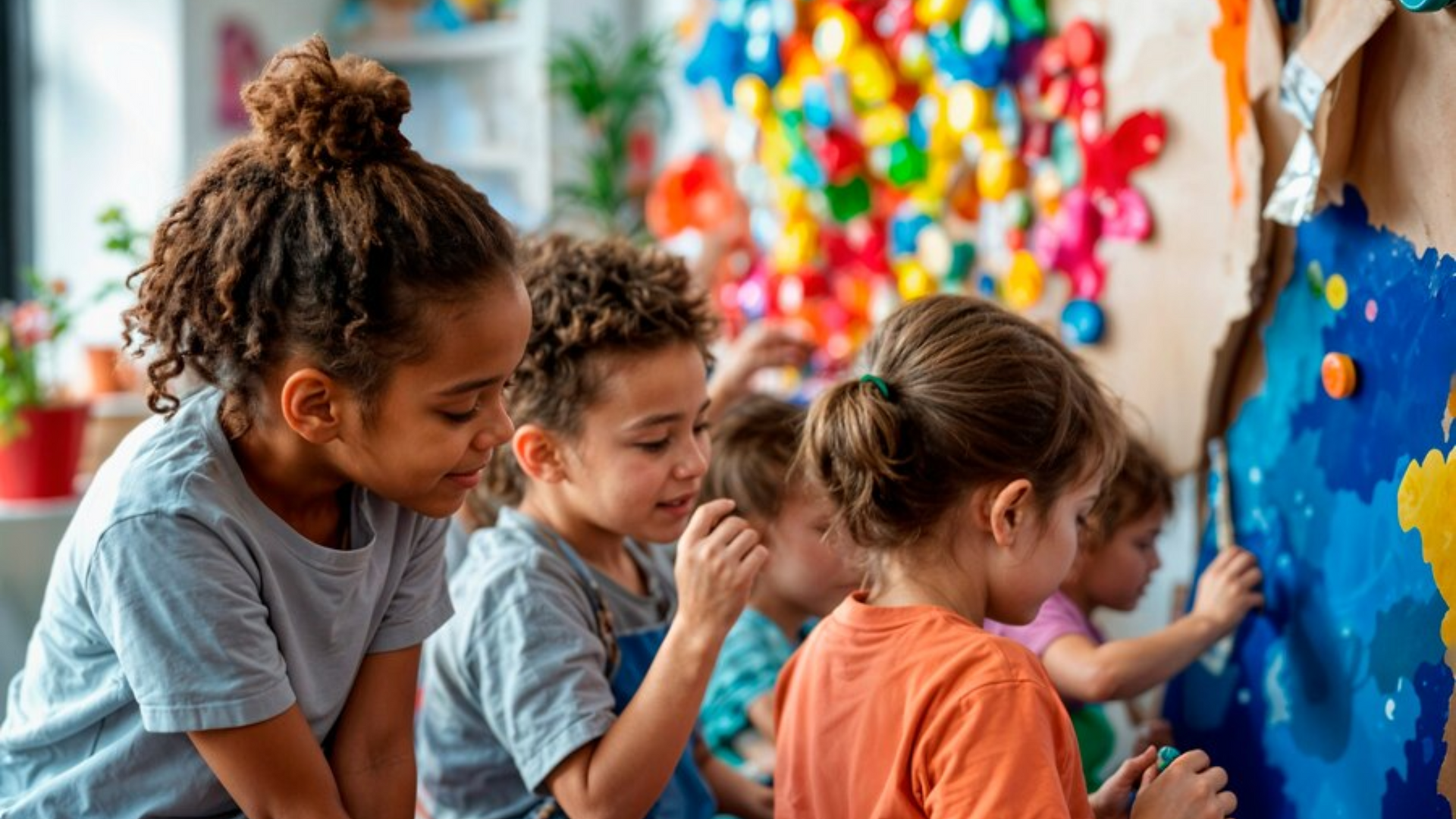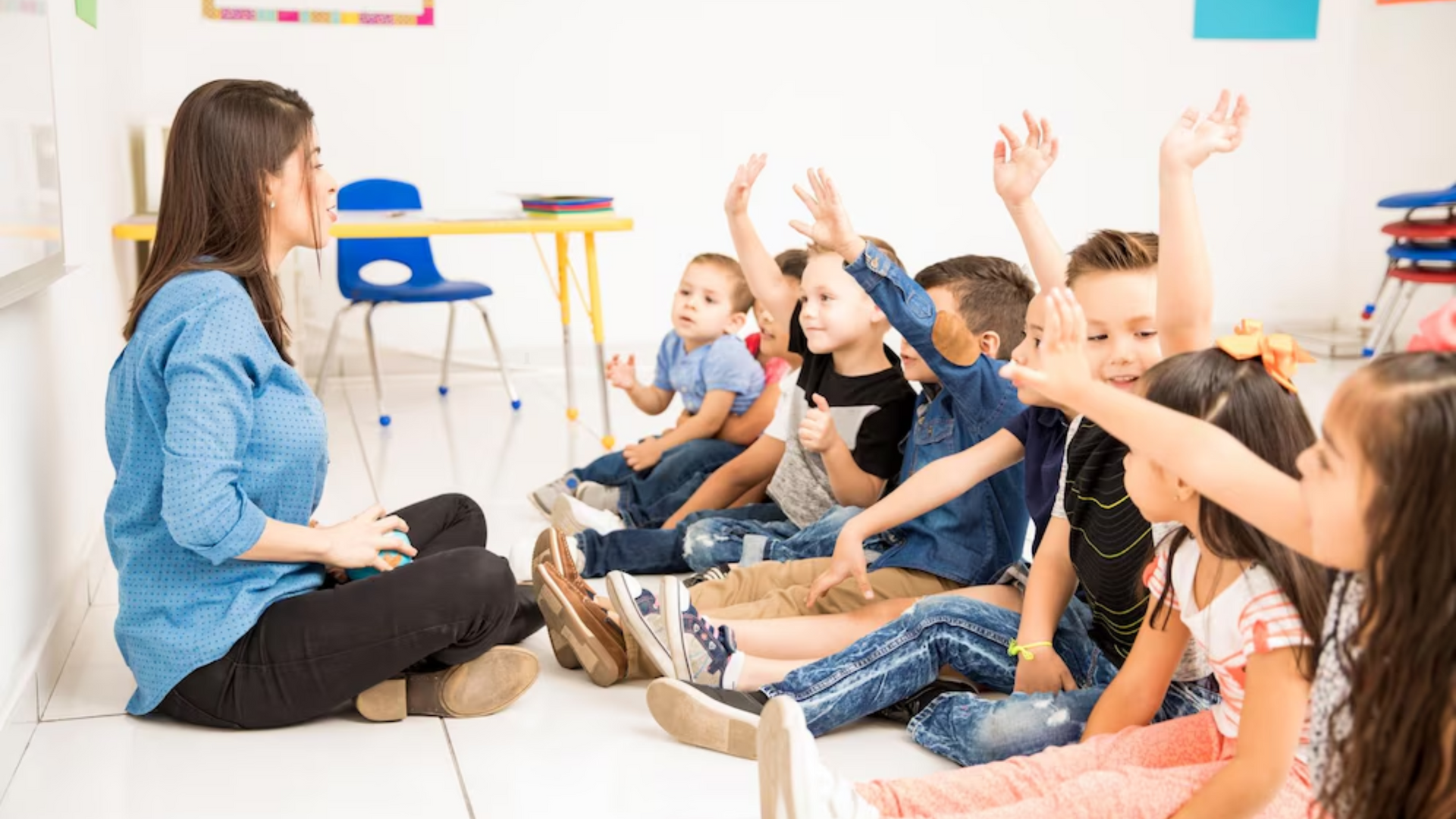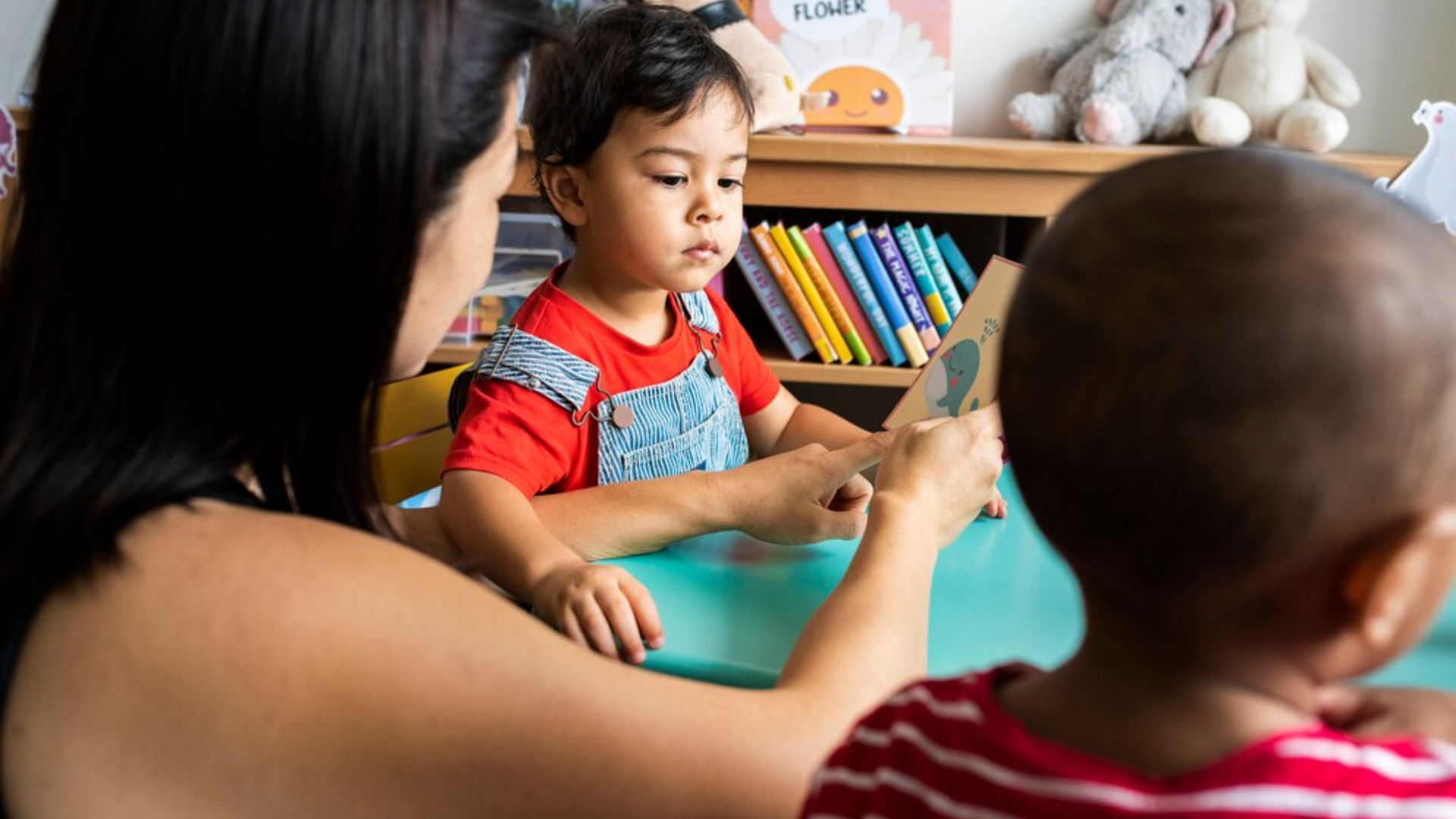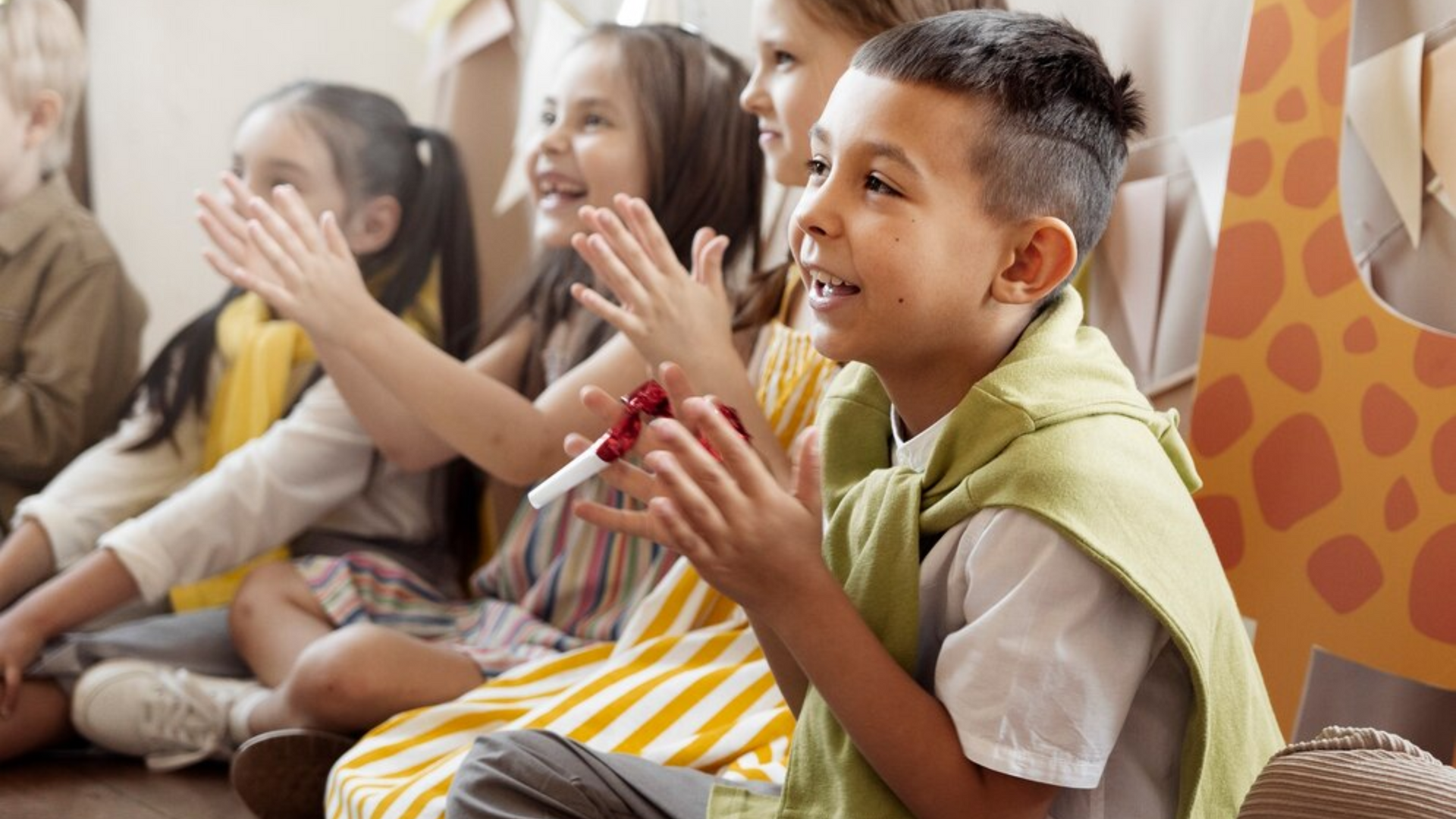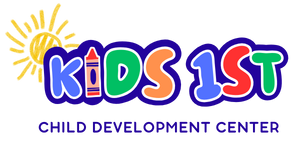Helping Your Child Transition to Preschool: Tips for a Smooth Start

Starting preschool is a major milestone in a child’s life—and in a parent’s too. It’s a moment filled with excitement, pride, and sometimes a bit of anxiety. For many children, preschool is their first extended time away from home and family. For parents, it can be difficult to trust someone else with their child’s care, learning, and emotional well-being.
At Kids 1st Child Development Center in North Little Rock, we understand how important this transition is. We’ve worked with countless families navigating the shift from home to preschool, and we know that a smooth transition sets the tone for a child’s confidence and enthusiasm in the classroom.
Whether your child is starting preschool at age two or four, the following tips will help ease anxiety and build a positive foundation for this new chapter.
1. Talk About Preschool in Advance
Begin preparing your child by talking about preschool a few weeks before their first day. Describe it as an exciting place where they’ll make new friends, play with toys, hear fun stories, and learn cool things.
You can say things like:
- “You’re going to have your very own cubby!”
- “Your teacher will read books just like we do at home.”
- “There will be a playground where you can climb and slide.”
Avoid overwhelming your child with too much information. Keep it simple, positive, and upbeat. Answer their questions and reassure them that it’s okay to feel a little nervous.
2. Visit the Preschool Together
If possible, schedule a tour or visit to Kids 1st before your child’s first day. Let them see the classrooms, meet the teachers, and explore the space with you by their side. Familiarity breeds comfort.
During the visit:
- Point out where they’ll hang their backpack.
- Show them the play areas.
- Introduce them to the staff.
Even just 15-30 minutes of exploring the environment can help a child feel more secure on day one.
3. Establish a Goodbye Ritual
One of the hardest parts of transitioning to preschool is saying goodbye in the morning. To make it easier, create a simple, predictable ritual you use each day. It could be a hug, a special phrase, or a secret handshake.
Examples:
- Hug, high-five, and wave from the window.
- Say, “I’ll be back after you play and have snack.”
- Use a goodbye song or rhyme.
The goal is to make goodbyes quick and loving. Lingering can increase anxiety for both of you. A consistent routine helps children know what to expect and trust that you’ll return.
4. Read Books About Preschool
Books are powerful tools for helping children understand new experiences. Before the big day, read stories about starting preschool. This allows your child to explore their feelings and ask questions in a safe way.
Some popular choices include:
- Llama Llama Misses Mama by Anna Dewdney
- The Kissing Hand by Audrey Penn
- Maisy Goes to Preschool by Lucy Cousins
As you read, talk about what the characters are feeling and relate it back to your child. Ask, “What do you think your preschool will be like?”
5. Practice Independence at Home
Preschool encourages children to develop independence, so you can start practicing some of those skills at home. This will boost your child’s confidence and help them feel ready for school routines.
You can try:
- Having them pick out their clothes
- Practicing putting on their shoes
- Cleaning up toys after play
- Washing hands before meals
These small steps build a sense of responsibility and accomplishment, which translates well in the classroom.
6. Adjust Your Schedule Gradually
If your child is used to sleeping in or having a relaxed morning routine, it’s helpful to begin shifting their schedule at least a week before preschool begins. Start by:
- Waking up a bit earlier each day
- Eating breakfast at a consistent time
- Practicing getting dressed and ready to go
This gradual transition will make those early preschool mornings feel more familiar and less rushed.
7. Stay Positive and Confident
Your child looks to you for cues about how to feel. If you show confidence in their ability to adapt and excitement about preschool, they’re more likely to mirror those feelings.
Even if you feel nervous, try to stay calm and positive. Say things like:
- “You’re going to have such a fun day!”
- “I can’t wait to hear all about what you learn.”
- “Your teachers are excited to meet you.”
If your child cries or clings to you at drop-off, that’s okay! It’s a common part of the adjustment. Trust that our compassionate team at Kids 1st knows how to comfort and redirect children gently.
8. Stay Consistent and Patient
Transitions take time, and every child is different. Some kids adapt to preschool within a few days, while others may need several weeks to feel completely at ease.
Consistency is key. Stick to the same drop-off routine, keep communication open with teachers, and celebrate small successes along the way. Avoid making drastic changes or pulling your child out for extended breaks during the adjustment period.
9. Communicate with Teachers
Our team at Kids 1st is here to support both you and your child through the preschool transition. Don’t hesitate to ask questions, share concerns, or provide insight into your child’s personality and preferences.
We value the parent-teacher partnership and will work with you to ensure your child feels safe, supported, and excited about school. From separation anxiety to picky eating, we’ve seen it all—and we’re ready to help.
10. Celebrate the Milestone
Preschool is a big step! Make it special by celebrating your child’s courage and growth. You might:
- Take a first-day photo
- Write a note for their lunchbox
- Plan a special treat after school
Let your child know how proud you are of them. A little encouragement goes a long way in building confidence and enthusiasm.
The Kids 1st Commitment to Transitions
At Kids 1st Child Development Center, we’re experts in easing children into their new preschool routines. Our nurturing staff creates a welcoming, structured environment where children feel seen and valued from the moment they walk through the door.
We believe in gentle transitions, clear communication, and lots of love. Our approach blends academic preparation with emotional support, helping children build resilience and confidence that will serve them for life.
If you're wondering how our program supports families year-round, you can explore our article on whether daycare is offered all year long and why that matters. And if you're ready to secure a spot in one of Orlando’s top-rated childcare programs, take a look at our helpful guide on
how to enroll your child at a high-quality preschool.
